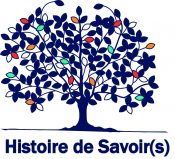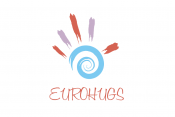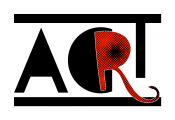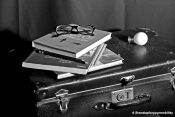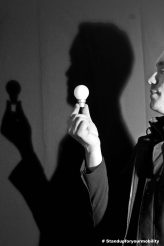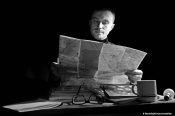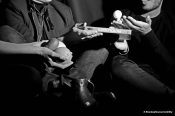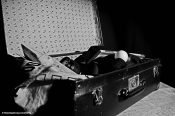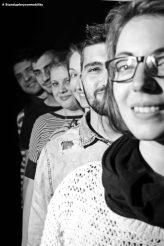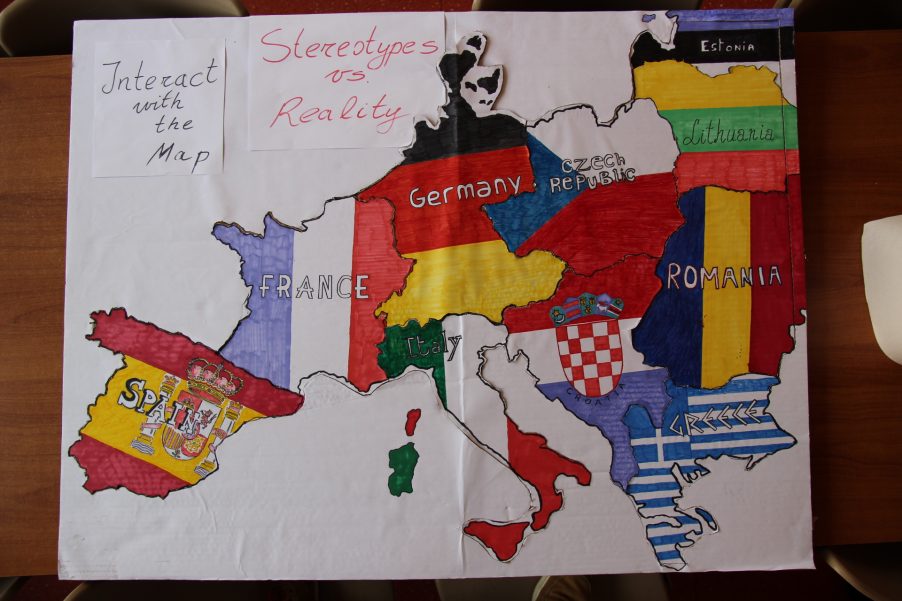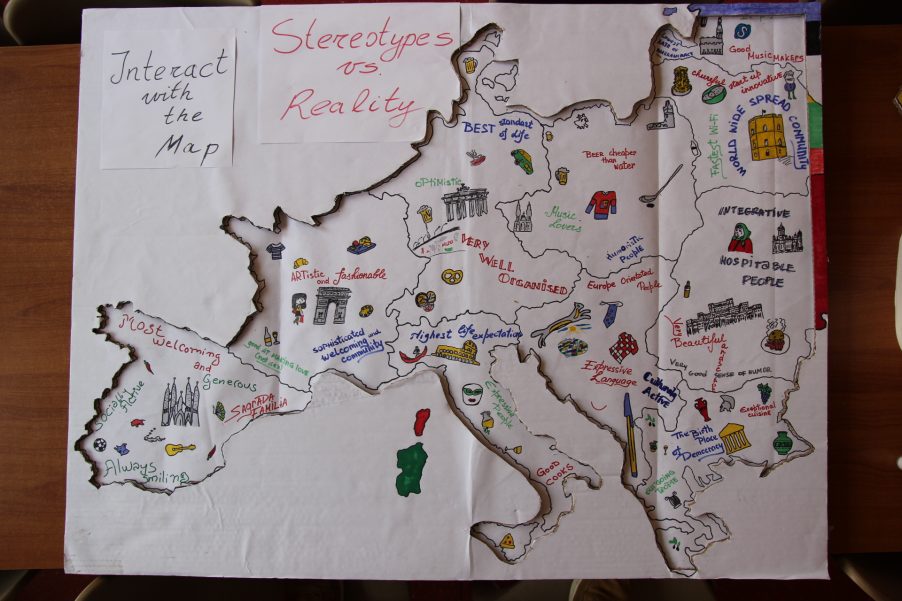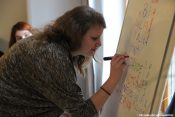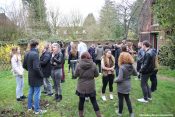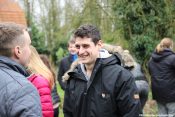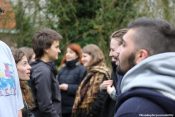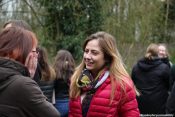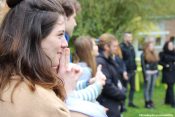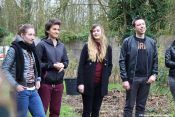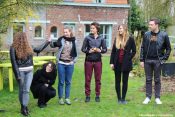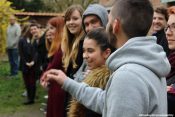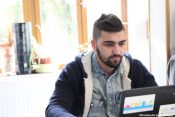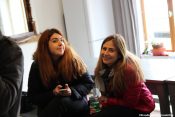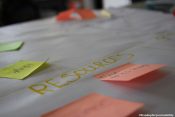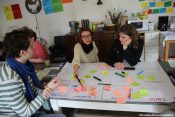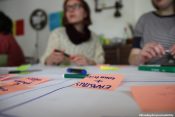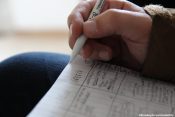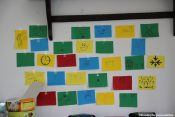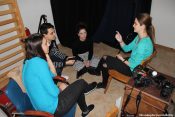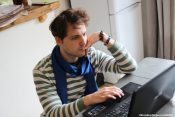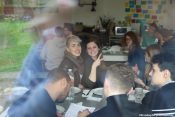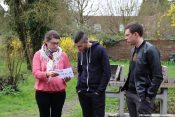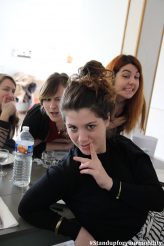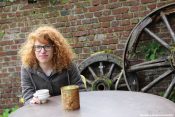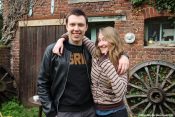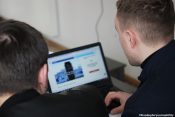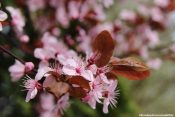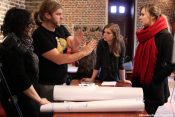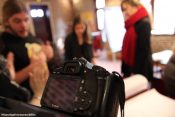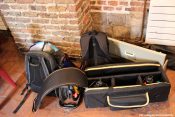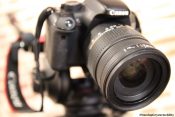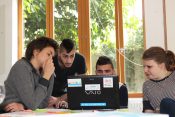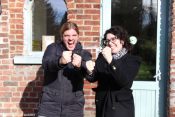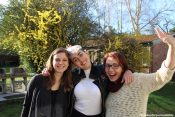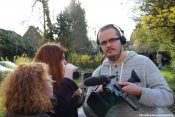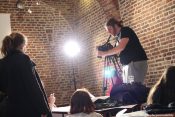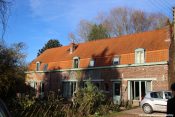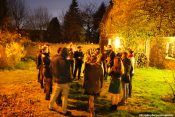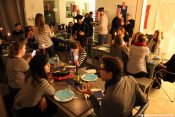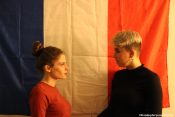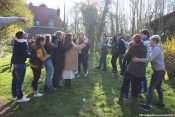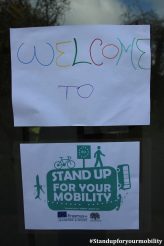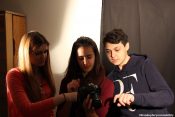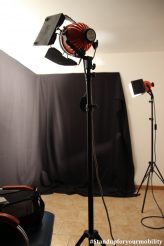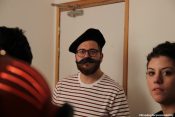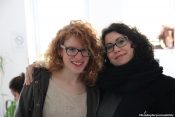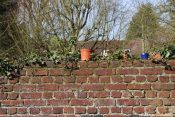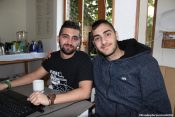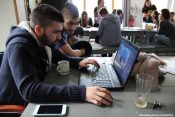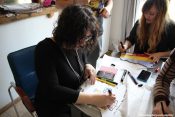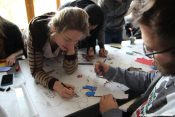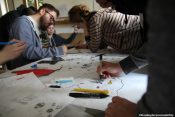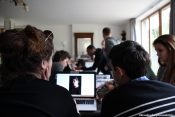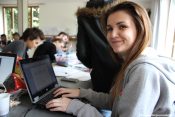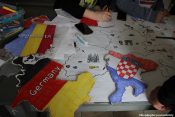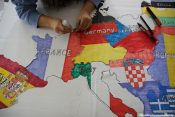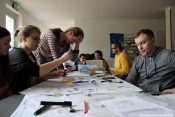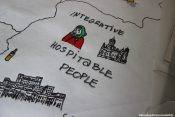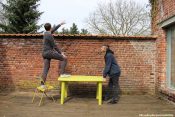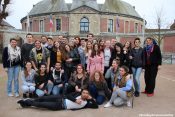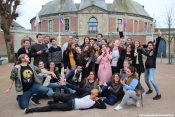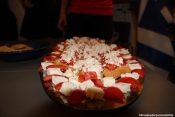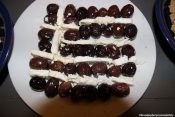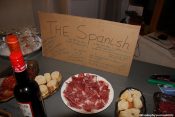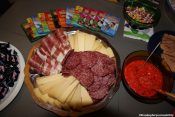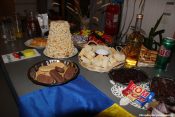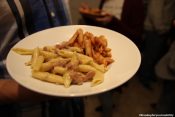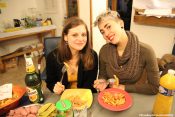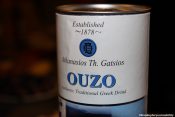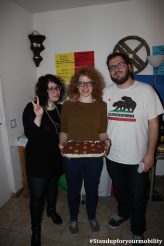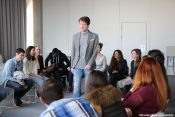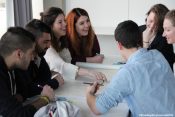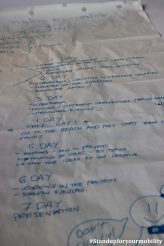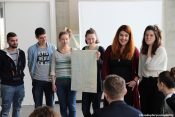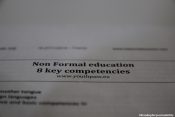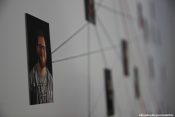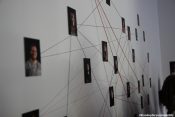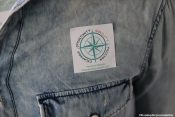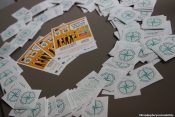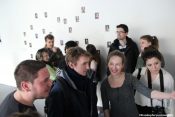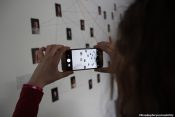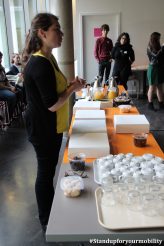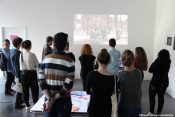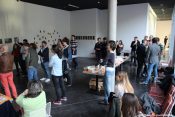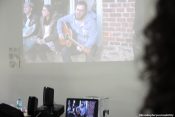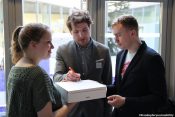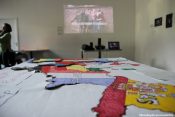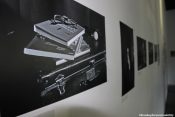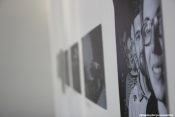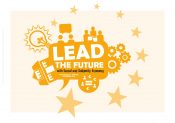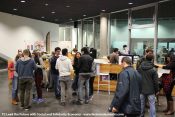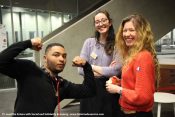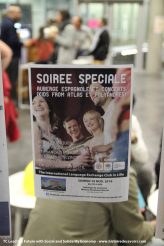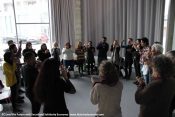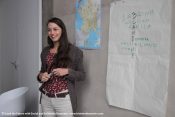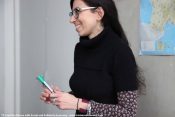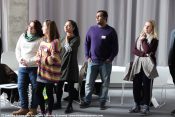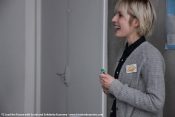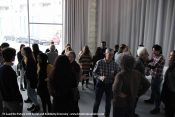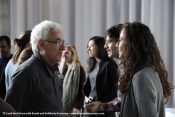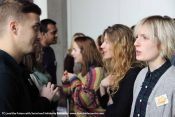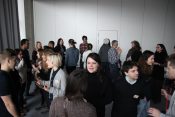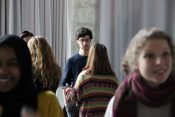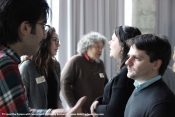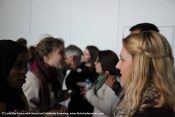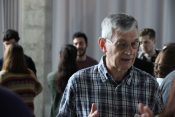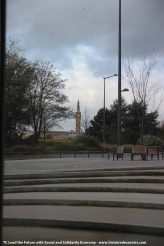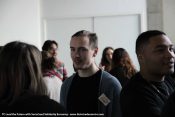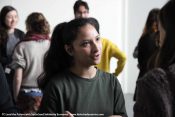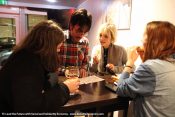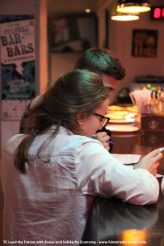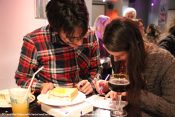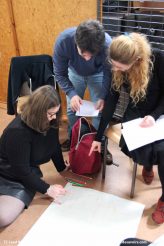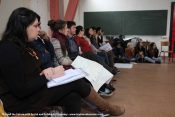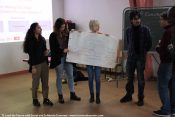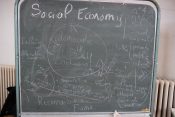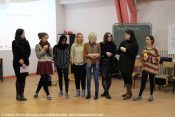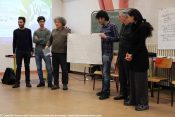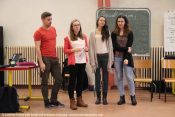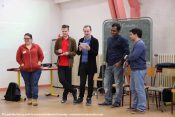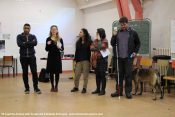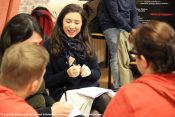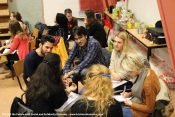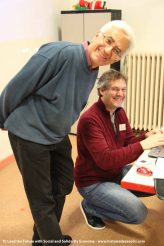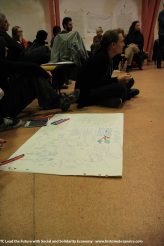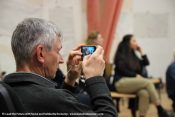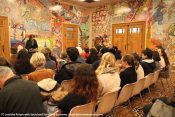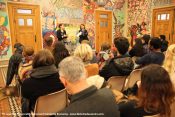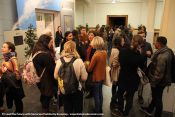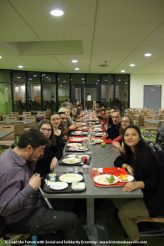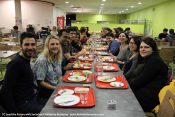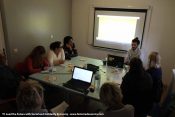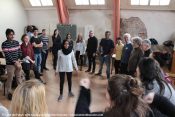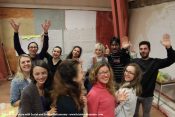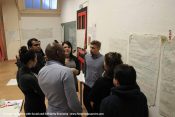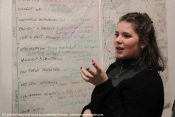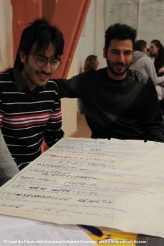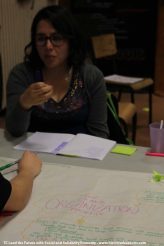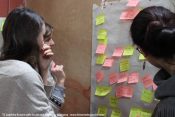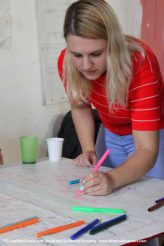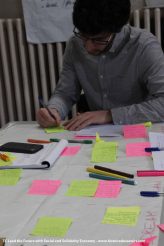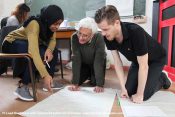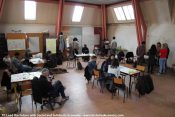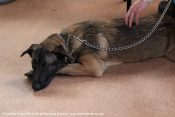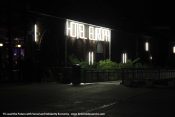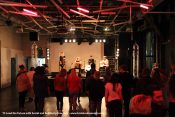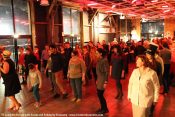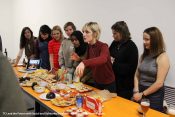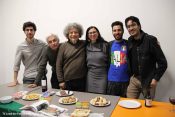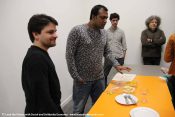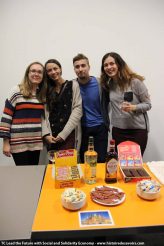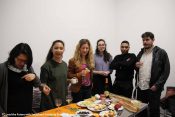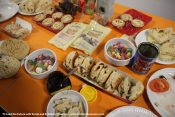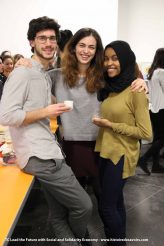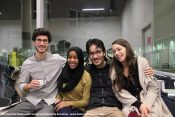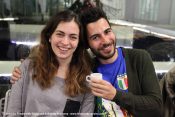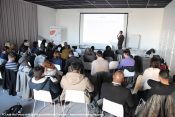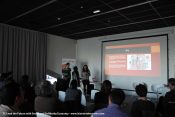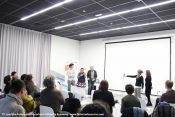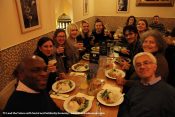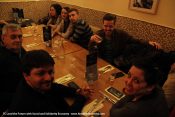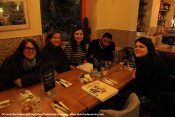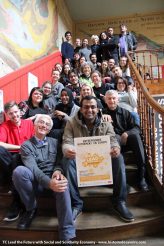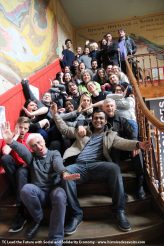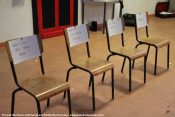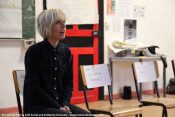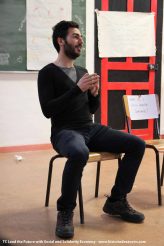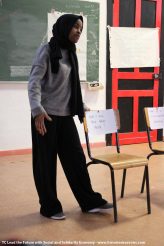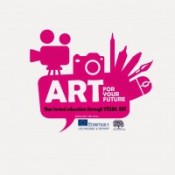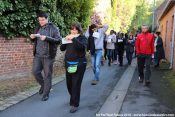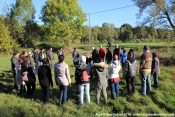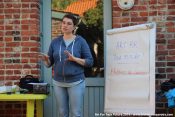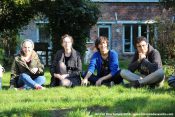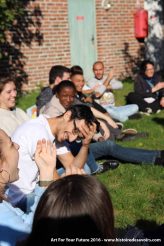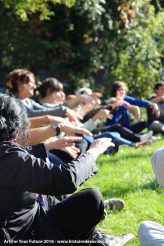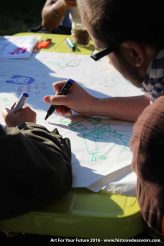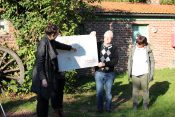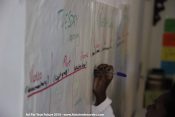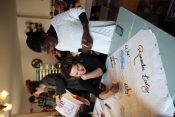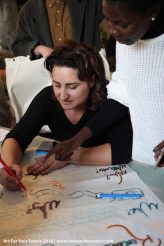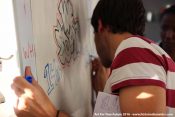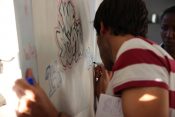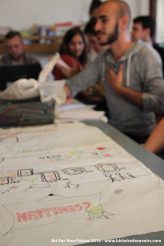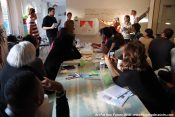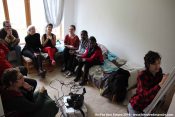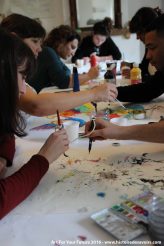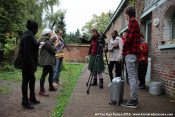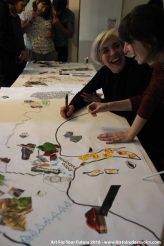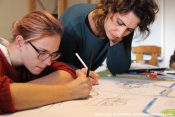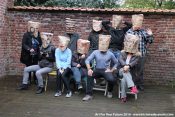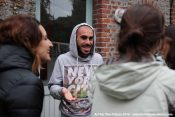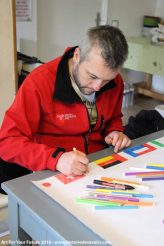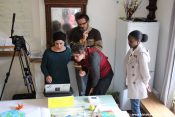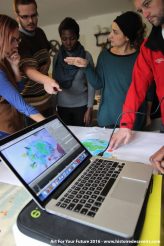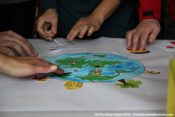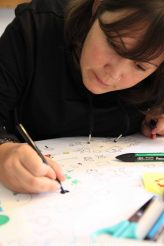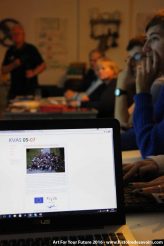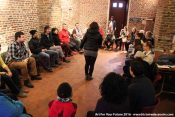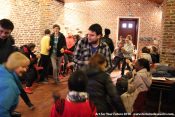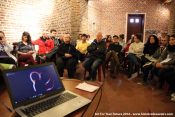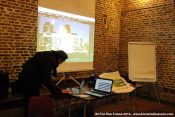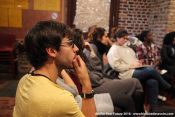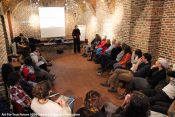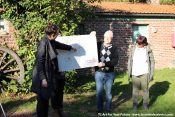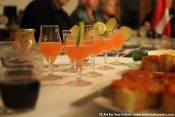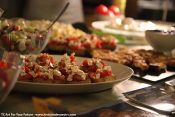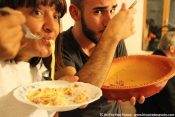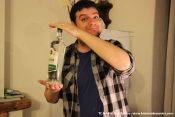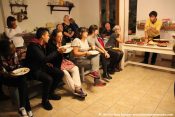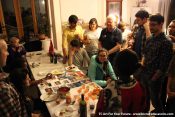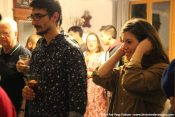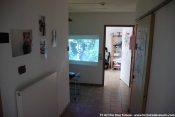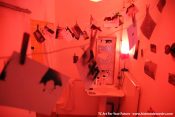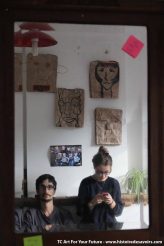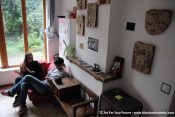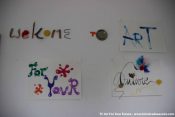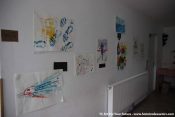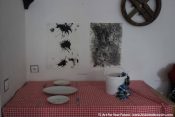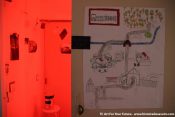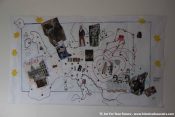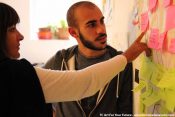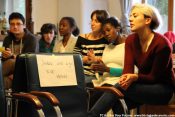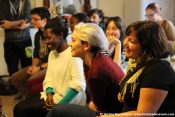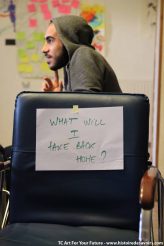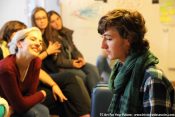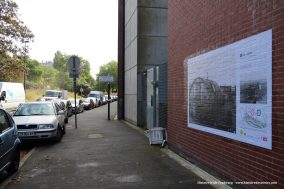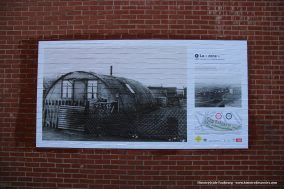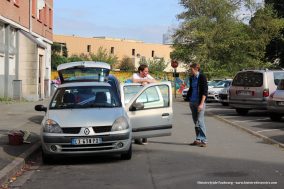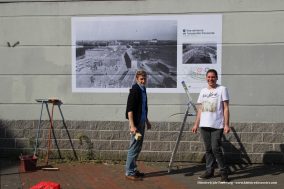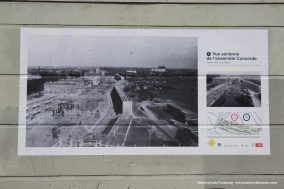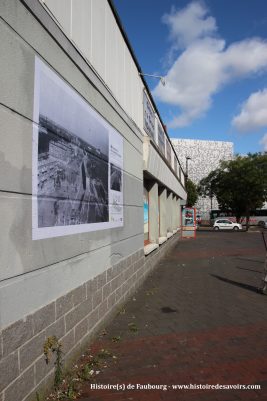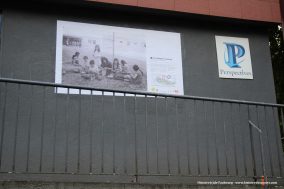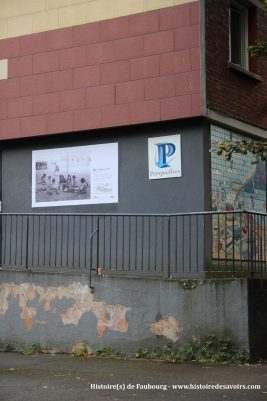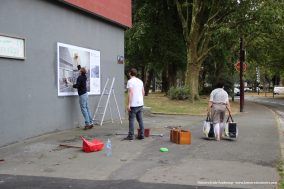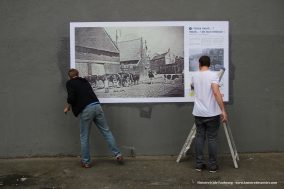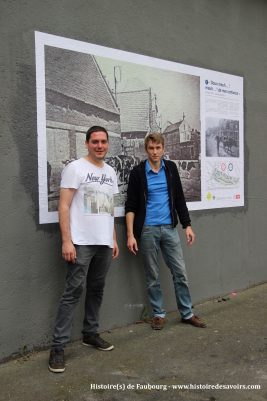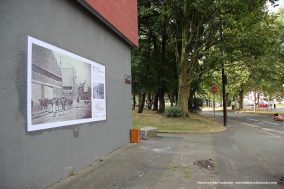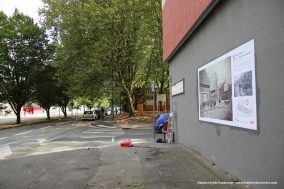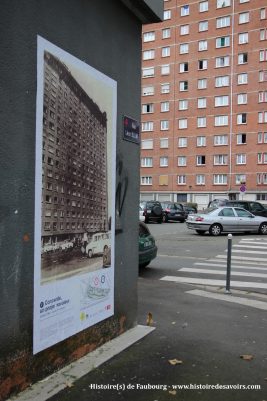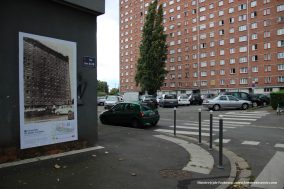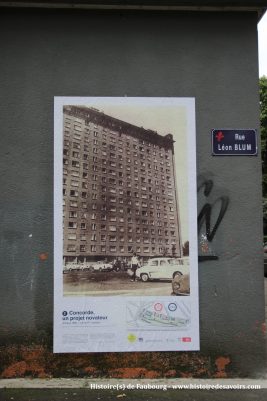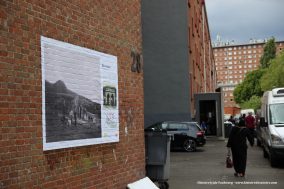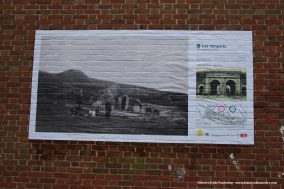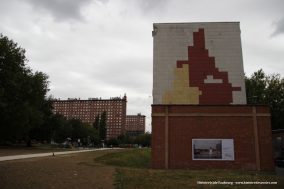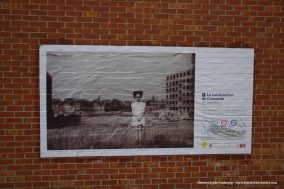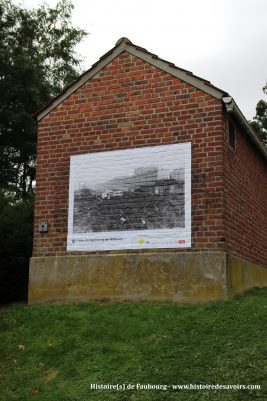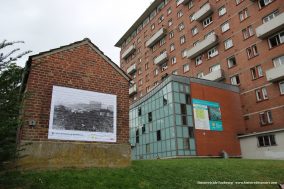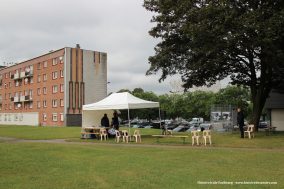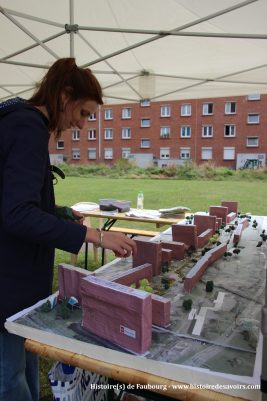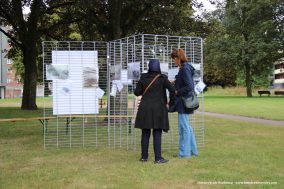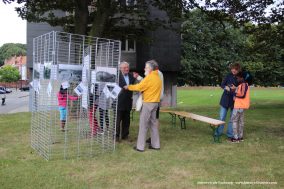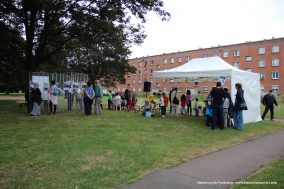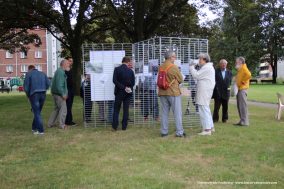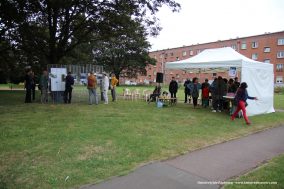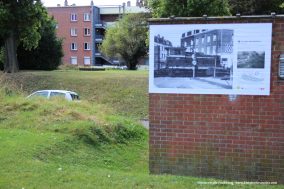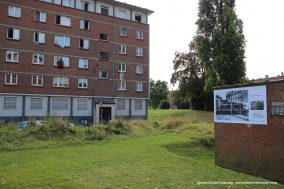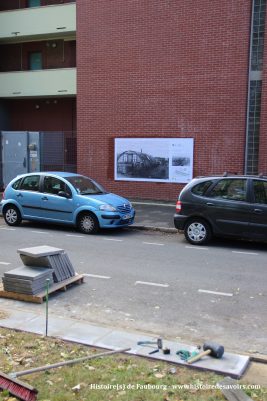Tous les articles
Artistic working groups “Animated history”

In collaboration with the Archives départementales du Nord, the association Perspectives, the Générale d’Imaginaire and the Editions de l’Ardente, Histoire de Savoir(s) organised and supervised working groups for ten or so young people from the Faubourg de Béthune neighbourhood. Based on the principles of “popular education”, this program meant to raise awareness among the participants of heritage’s stakes through various artistic forms, as well as bring them concrete knowledges.
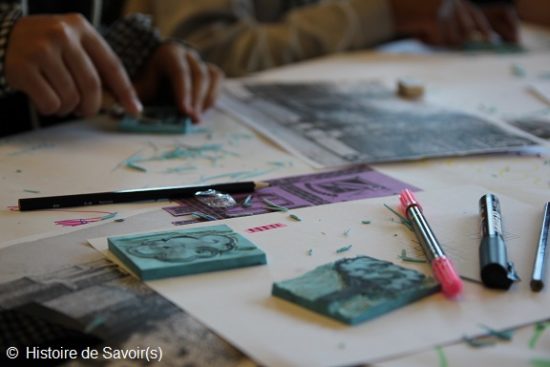
During tours of Lille’s City Centre and of the Faubourg, managed by Sandra from the department “Villes d’Arts et d’Histoire”, the participants could slam with Mwano, dance with the help of Zoranne by being inspired by the history of the place, or even research in the Archives thanks to Janoé, all members of the Générale d’Imaginaire. During the rest of the week, they moved to the Archives of the Nord where they took part in various working groups.
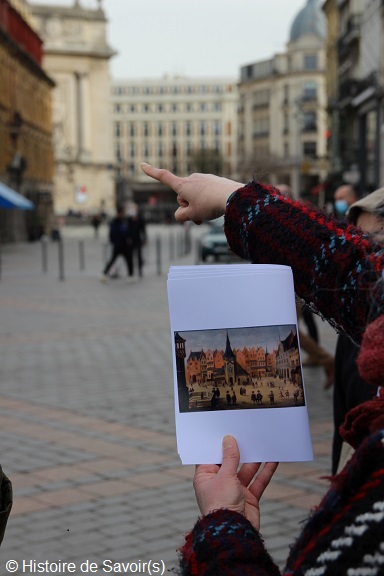
By composing melodies and lyrics with Mwano, by “lino-graving” (technique of engraving that consists to dig lino and then print with it, in the same way as etching for instance) architectural elements inspired by their visits or Archive’s documents with the help of Oriane, Jeanne or François from the Editions de l’Ardente, the participants could successfully complete their project, and then give their feelings and heritage discoveries back as a border strip.
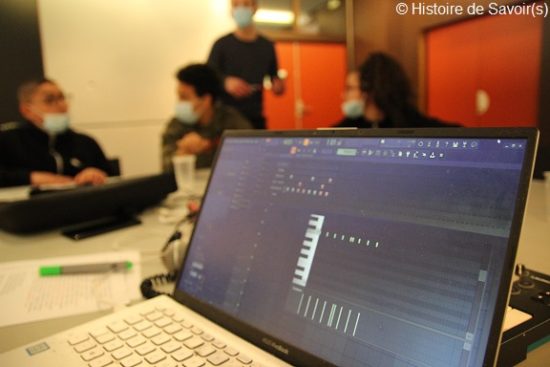
If all of them learnt more about the city’s urbanistic evolutions, from its landscapes to its buildings, they also discovered new ways of expressing themselves through artistic forms, and even developed social and civic skills such as mutual assistance, respect, listening and collaboration on common projects, all of it by spending some good time together.
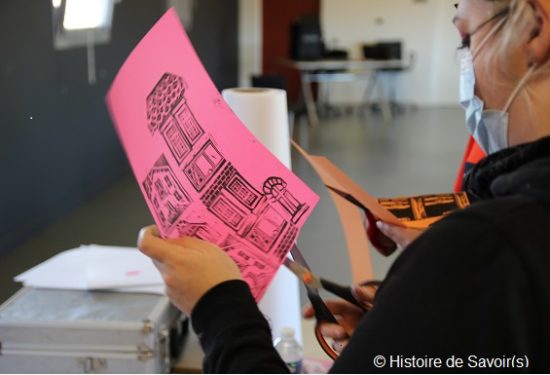
Working groups funded by the Archives départementales du Nord, the DRAC Hauts-de-France as part of the call for proposals “C’est mon patrimoine”, with the support of the ALFPH.
Tom Parat
Re-Mind. Movie online

French-German project | Movie | 2012-2015
Questioning our memory of the Holocaust in Europe, using the specific case of today’s Ukraine.
Born in 2012, the project Re-Mind. Following the Memory of the Shoah in Ukraine, has been launched by Histoire de Savoir(s) in the straight continuity of its project Shalom Ukraïna. It gathered a team of 10 young Europeans from Germany, France, the Netherlands and Ukraine. The goal was to create an interactive and intercultural pedagogical tool, for young Europeans, in order to lead them to question their own memory of the Holocaust.
After several working sessions (photos available here), the team went around Ukraine to discover, investigate, interrogate and film traces of the Shoah in Ukraine, with one question as common thread: “What is memory?”
Faithful to the working methods of the association, the short documentary made (20mn), is a true collective and intercultural creation, which production could not have been possible without each’s skills and complementarity (theoretical and scientific, linguistic and cultural, digital and technical…). Hence, this project is fully embedded in popular education through learning, transferable skills and know-how, which existed amongst participants, professionals, and historians involved.
By conveying the movie, their discoveries can be transmitted to the public, as well as their own understanding of the subject, their own vision of memory in general, and especially the memory of the Holocaust through the complex case of Ukraine. It is a real civic involvement, aiming at decrying the barbaric nature of Nazi crimes, and questioning our relationship, as youngsters, to this marking event of the 20th Century; it also represents an involvement to share several values: the respect of the other, of living together and peace.
The movie is duty-free, made available for everyone, with the single condition to respect the spirit and values promoted by its creators. For French or German version, contact us directly (histoiredesavoirs@gmail.com).
For more informations, visit the project’s page : Re-Mind or go to the project’s blog : remindukraine.wordpress.com.
Stand Up for Your Mobility 2017 – European Training Course
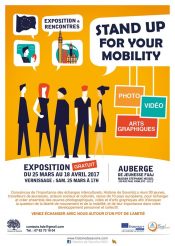 European training course Ι Promote mobility through photo, video, graphical arts Ι March 2017 Ι Marchiennes
European training course Ι Promote mobility through photo, video, graphical arts Ι March 2017 Ι Marchiennes
The european training course Stand Up for Your Mobility was held in Marchiennes on the 18th to the 26th of March 2017. The principal theme was to promote mobility, to discuss about it and to express it through diverses (photography, video and graphical art)
30 participants were involved in this training course (You want me to tell you where they are from? Seriously? Sooooo: Germany, Lithuania, Czech Republic, Italy, Spain, Croatia, Estonia, Romania, Greece and two french guys that were here as decoration. Happy now?)
OK but concretly what’s about it? So the first days were dedicated to ice-breaking games and other stuff that help us to know each other. In the following days we then had really intense linguistic exchange.
But what about work? Relax! I was going to talk about it.
On Sunday, in the morning was introduced the program for the week. In the afternoon we had to write on two separates post-it what is mobility for us. Then we had to gather with those who wrote the same things than us. The group we made would be the same for the rest of the week.
So the afternoon we worked on the definition of Mobility ( and yes if you ask, some of them mad a song.)
On monday, a community manager explain us what’s the main point of a community manager, and how to create a project. When he ended his speech it was or turn to work and to plan our project.
Do I have to talk about evening? Music and drinking should be enough.
Tuesday morning we could start our project concretly. The trainers explained us how to process in video, photo, and graphical art. And this until Thursday morning where we present our project to everybody.
Friday morning we went to the Youth Hostel Stephane Hessel in Lille at 10a.m. The bus drove us to the hostel where the participants put their luggages and have a walk in the city of Lille. What about me? Siesta time!
The next morning (after an evening of party or sleeping) we had to settle the exhibition in the hostel.
In general the exhibition happened well (in my point of view at least) and the participants had the opportunity to discuss about what they did with the spectators. By the way the exhibition is still running and the link available at the bottom.
Once the exhibition ended it was time for the evaluation.
After all of this, we went to eat a pizza in a place not far from the youth hostel for the last evening. Once there, we figured that there were some communication issues (apparently they expect to see us on friday, not on saturday…) But we manage to eat.
We delivered the Youthpass (Erasmus + diploma) there. And as a bonus the participants get a pack of sweets. Nice huh?
And the evening ends, people were tired, some had to go home.
But we will see each other anyway, unfortunately for you, I’ll be worst. Hahahahah!
Hugo – Civilian service
Partners :
Exhibition created by the participants :
Trainers : Videomaker – Claire Jeandroz – Les Films des Deux Mains / Photographer – Pauline Ozon
Photography :
CHANGING THE LUGGAGE
Estefania Maria Anaya Pareja (Spain) – Valentina Buzuk (Croatia) – Laur-Mihai Amanolesei (Romania)
Learning through an informal way of education like mobility is a special journey where a person goes through personal and professional change. This story is about a teacher who discovers the mobility as a form of non-formal education. Soon enough he decides to engage in a project and organize a trip. Through cultural exchange, he learns how to respect and appreciate different traditions, values, religions, ideas and behaviour. After the mobility, he is still the same person from the outside, but from the inside he changed his outlook towards the world. He sees the world through different glasses. Mobility brought him many unforgettable friendships and now he will promote mobility to his students.
Photo – Studio
1/ Formal education
2/ Ideas
3/ Movement
4 /Exchange
5 / Change of perception
6 / A new beginning
MOBILITY VS STEREOTYPES
Karolina Povilaityté (Lithuania) – Davide Cinotti (Italy) – Viktor Sestakov (Estonia) – Simonas Dragunas (Lithuania) – with the help of all the other volunteers…
This European map was designed by volunteers from ten different European countries. We made the choice to represent only countries of participants, using imaginary and unusual borders, inviting you to break borders of stereotypes which are shown in the pictures. The photography serial is about strong prejudices we have about our cultures. The map will help to break those clichés that European people have for themselves and for their neighbours.
This map is an invitation to mobility, to meet each other and to go further beyond stereotypes! Another way to break borders.
So now, let’s be active!
Match one picture with each country. Done? Ok, now let’s open the map, open borders and find a new way to see these countries!
Photo – Studio
Graphic arts – Mapping / symbols
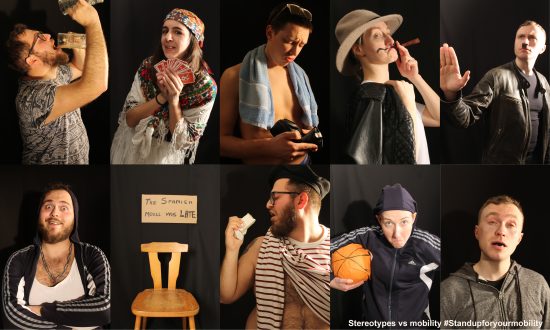
Videos :
CULTUREALITY – “FRIENDSHIP between CULTURES can be REALITY”
Raluca Barsan (Romania) – Katerina Konstantinidou (Greece) – Antonio Ponce Hevilla (Spain) – Hugo Triffault (France) – Silvia De Nicolo (Italy)
Our team developed a storytelling video that highlights the main key words we consider the most suggestive for describing the intercultural concept. So, we are talking about open-mindness, respect, exploration, tolerance and friendship.
Thinking about mobility, intercultural communication means a deep understanding and respect for all other cultures.
The video shows the flashback of a youngster coming back home from a mobility training experience that he really enjoyed.
Video – Fiction
MOVE YOUR ASS
Fenia Xenou (Greece) – Antonina Krjukova (Estonia) – Zuzana Nerudova (Czech Republic) – Julia Dem (Estonia)
We want to promote the fact that mobility starts from ourselves and by empowerment and active citizenship. Next comes our contribution to our communities, where small moves can make a big impact in society.
Video – Fiction
——————————————————————————————————Video realized in the frame of an European Training Course (Erasmus +), called “Stand Up For Your Mobility” organized by Histoire de Savoirs, in March 2017 in Marchiennes (France – 59). The aim of the training was to promote and provide tools to promote the European mobility and free movement. Here is the abstract of the work done during the video workshops by the European participants, supervised by Claire – Les Films des Deux Mains.
histoiredesavoirs.com
# Standupforyourmobility
BE LIKE ANNA!
Jonatan Gomez Granados (Spain) – Chiara Pivanti (Italy) – Katerina Jandova (Czech Republic) – Alina Fenn (Germany)
Our work speaks about European Mobility. That’s an opportunity for us to Go Abroad, to Live, to work, to study and improve ourselves. We used the technique of “Draw my Life”, a fast-motion video of the author drawing illustrations, to describe the story of Anna, a girl that takes the opportunity. The objective of this project is to positively influence and encourage people to take the opportunity, so…
…. Be like Anna!
Video – Draw my life.
Stand Up For Your Mobility Exhibition
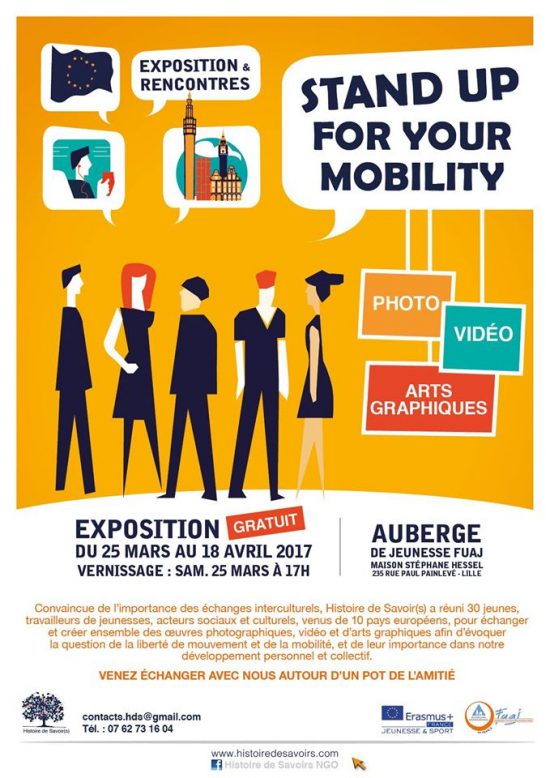
Histoire de Savoir(s) invites you to discover an exhibition (photo, video, graphic arts) created by 30 youth coming from 10 European countries (Germany, Italy, Spain, Greece, Czeck Republic, Estonia, Romania, Croatia, France) to promote the European Mobility and free movement in Europe.
Exhibition will take place from the 25th of March to the 18th of April 2017 in the Youth Hostel (FUAJ) – Maison Stéphane Hessel (235 rue Paul Painlevé – Lille)
An opening and meeting to share and exchange will take place on Saturday, the 25th of March, at 17.00 (5.00PM).
Come to meet and exchange with us about the importance of free movement and European mobility !
Exhibition organised by Histoire De Savoirs Ngo, in the frame of the Erasmus + Program with the Agence Erasmus+ France Jeunesse & Sport and in collaboration with Auberge de Jeunesse HI Lille.
Lead The Future – European Training
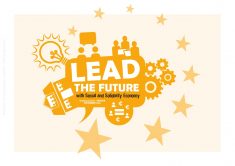
European training Ι Social & Solidarity Economy Ι november 2016 Ι Lille
The “Lead For Future” Training Course took place from the 19th to the 27th of November 2016. The programme of this training course about Social & Solidarity Economy (SSE), included exchanges on situation at the European level and in differents countries, visit to local structures, project management and networking.
The idea of this training was to gather European youth actors, volunteers, entrepreneurs to speak about SSE and build collective project in team. It looks simple like that but it’s not. First, we had to agree about what SSE and introduced it because we had differents understandings for the same topics and some didn’t really know the basic principle.
After a day of introduction and exchanges, we started working. The participants from Poland, Germany, Italy, England and France get to know each other quite well which avoided a diplomatic conflict between nationalities and allow us to work together no matter the country we were from. In the afternoon the participants gathered according to their interest to set up working groups. In the evening, the City of Lille welcomed us, with few words from Marie-Pierre Bresson, Lille City Councellor on International Relations, as they were partner of this training.
On Tuesday and Wednesday’s morning, the group went to visit local structures that focused on SSE (la tente des glaneurs, a social and solidarity grocery store called la passerelle, NASDAQ, ENERCOOP, GECO, Les Blongions…). It was really interesting visits that gave many ideas to some participants for specific projects. The afternoons, they worked on their projects.
There were 6 groups working on differents projects : an urban farm, a youth center, an energy self-sufficient community, citizen workshops, a social inclusion association and an outdoors cultural place.
The Thursday morning, we refined the projects and the afternoon we had to think how to present it on a public event the next day. In the evening, the intercultural evening took place; the participants could bring with them foods and/or drinks to share it with everybody. For the french team, we made them try small typical stuff from our region (cheese, “saucisson”…)
The Friday, the morning was free for everybody. It was more or less hard for everyone to be fit. Some of them ended up the night really early (I mean at 4 A.M) and some presentations weren’t totally prepared.
At about 2h30 PM, the public presentation could begin; the jury was here and the presentations ready. After few words of Christiane Bouchart, the Lille City Councillor on SSE and an introduction by Kenneth Guiguer, the groups started to present their project. It should last about 10 minutes but in some case (I mean for everyone) it lasted 20 minutes. So we were kind of late. But we can’t really predict this kind of thing as people were really enthousiasts about interesting projects.
The evening, we ate at a restaurant to celebrate it. And after the dinner some people prefered going “home” and some in bars (which is I think the best cure for insomnia…)
The next day, we were, I guess, quite tired of this week, really full of stuff (and emotion I guess – I’m not pointing someone – but I’m not Big Brother so I’m not aware of everything. Yet…). Then, we made a introduction about the Erasmus + programme and the non-formal education. We exchanged and evaluated this week and mentioned future meetings. Then we had a free time until 7h30 PM to eat at a restaurant. Some people went on a walk in Lille, some to rest at the Hostel (What about me? Well walking in a city crowded with sheep, humm… I mean people who bought stuff because of the Black Friday I went ASAP home).
At the restaurant, we gave the participants their Youth Pass diploma and a gift after a copious dinner. For the last evening participants and the presents trainers went to some bars (What about me again? I say farewell and went home you know like the stereotypical cowboy who ride to the setting sun).
In short, it was a really nice week but really tiring because of lot of discussions on specific topics (in English, obviously). For the whole crew, this week gone well and they went home enthousiastics to develop SSE projects, with a new network and amazed by Lille. Appointement is given for the next year in Leeds or Torino ?
Hugo Triffault, Civic Service
Art for your Future 2016 – European Training
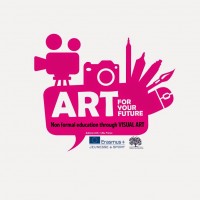
European Training Ι non-formal Education , artistic practices Ι Novembre 2016 Ι Marchiennes
The Art for the Future Training Course took place from the 15th to the 23th of October and was about non formal education through visual arts. The program included discussion about professional experiences and artistic workshops: photography, graphical art and video.
Based on a theme, the mobility, the participants had to use visual arts to talk about it.
But what is the point of this training ? In fact, participants came from differents places in Europe. They were 28 Youth workers, volunteers, Youngsters … from Romania, Latvia, France, Italy, Greece, Spain & Slovenia. They all had a different ages, came from different backgrounds, etc. Then, it became interesting, how should we work together with so many different persons that speak different languages ?
To start, the two first days we played some games to introduce ourselves and to know each others a little more. And this worked very well.
About the language barrier, almost everybody spoke english, with exceptions but we always succeed in understanding each other using another language, patient translators, hands and smiles…
How workshops took place ?
As already mentionned, there were three workshops (half day) for three days. The participants could choose quickly in which workshops they wanted to be.
The workshops explanations were made a day before with the rest of the week program in order to give a chance to everyone, to discover every technics.
In video, photography and visual art, three professional trainers led their own workshops. As experts, they taught the participants the technics and process used during the workshops. And they collectively created photo, video, draws… Whether it was technics about green screen, stop-motion, light graph, pinhold or imaginary maps everythings was explained to allow participants to used what they learned, back in their homeland.
But the real strength of the group didn’t took place during the workshops also. Indeed, the mealtimes allowed people to get closer outside work hours. Some events also happened at the end of the evening. One was called the french night and the other one was called intercultural exchanges where the participants could taste traditionnal products from differents countries. And indeed some, others evenst happened but were less formal.
All of these events led some people to oversleep and led to some romances (proof that integration worked very well).
After three days of workshops, we organized an exhibition, the ultimate achievement of all this work.
We had to think about the way to design the youth hostel where we were living, in an exhibition place. Some rooms were totally changed, some less but in general all the living space was set in a special way.
The exhibition took place – and I won’t say anything about the number of visitors who saw it in order to avoid decreasing the prestige of all the project – and we received good critics.
Proud of a hard but interesting work and after a week spend together, we discussed about what we expected during this training, our fears and the best moments we had together. In general everything was fine, some people cried (real men don’t cry!) because we knew that the training was almost over.
The last evening was nice even if shorter than the previous one due to the early bus on Sunday morning to go back to Lille.
So on the morning in Lille, some took the train, others the bus to go back home. For sure, saying goodbye was memorable (again some people cried but I won’t make any comments about it otherwise people will call me horrible person).
Anyway, if someone asked me to participate to another kind of this experience, definitly I would say yes.
Hugo Triffault, civic service
European Heritage Day
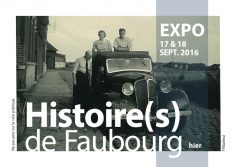
European Heritage Day Ι History of Lille Suburb Ι septembre 2016 Ι Faubourg de Béthune, Lille
The action proposed by Histoire de Savoirs on The European Heritage Day took place in Lille, the 17th and 18th of September 2016, in the “Faubourg de Béthune” and more precisely in the “Concorde”district. It was an outdoors exhibition. The pictures were exhibited on the facade of the building of the “Concorde” district.
As a testimony from the past, the pictures shown cows, childhood memories, family meetings, wooden sheds and other makeshift shelters constructed in between the two World Wars and after as this area was empty after the destruction of the fortifications … All pictures were based on the testimony of local inhabitants before the construction of the “Concorde” district – social houses from the 1960s. These stories were writen by the participants – curent or former residents of the “Faubourg de Béthune” coming to the “memory group”, collected and shaped by the group Histoire de Savoirs.
The peak of this exhibition was from 2p.m to 6p.m in the “Concorde” district. Sharing coffee and memories around a model crafted of the future district, created by a local association named”La vie en Chantier”, the residents, old as young, could discuss on the past, present and future of the “Concorde” and “Faubourg de Béthune” districts. The younger could fill a paper chase about the district. The 70 participants like this moment.
For Mrs Robart, former french teacher in the secondary school “Albert Camus” and participant of the memory group, it was a the perfect moment to meet some old pupils. According to her, it was the perfect happiness. She is really waiting for a new event next year.
Language Clubs – launching of the French meetings
Hello folks! The language clubs’ family is growing!
Histoire de Savoir(s) initiated a new language club, to be held in French. It is aimed at persons whose mother tongue is not French, and who would like to discuss and exchange with French and non-French-speaking people.
In a format similar to the other language clubs (English and Spanish), the meetings are held by volunteers and take place every two weeks (on Wednesday evenings), in a non-formal way – at the After Hours bar, rue Solférino, Lille). The goal is not only to enable participants to practice the French language, but also to encourage intercultural meetings in Lille.
Entry is free, and each of you is in charge of its drinks.
Whether you are French, a French-speaking person or not, we are waiting for you to show up to these new meetings, to discuss, share and learn in a non-formal way J
Next meeting: 16th of March 2016
Art for your Future – European Training
European training | Non-formal education, artistic practices | November 2015 | Marchiennes
Visual arts as a tool of non-formal education: what issues? What practices? During 7 days, from the 7th to the 11th of November 2015, this European training organised by Histoire de Savoir(s) gathered 28 participants from 10 European countries: volunteers, youth and cultural stakeholders, students and teachers.
Initiated in 2014, this training is resulting from Histoire de Savoir(s)’ investment in promoting artistic tools as a base for popular education, and in creating a European network on this subject. Thanks to a fruitful collaboration with partner organisations from 7 European countries, and the financing through Erasmus+ programmes, the training could take place in the best conditions.
The programme: introduction to non-formal education, discussions about the relevance of visual arts as a tool for education, introduction to of project and leading artistic workshops, presentation of actions created by participants and sharing best practices, introduction to Erasmus+ programmes and reflection on future projects.
The real “plus” of this training was the training of participants to concrete technical photography, video and graphic arts processes, which could be applied by participants in the framework of their own organisations. Thanks to the involvement of professionals, participants have been trained to the stop motion technique, green background, and video interview (Claire Jeandroz – www.lefilmdesdeuxmains.com); to portrait and documentary approach in the field of photography (Nicolas Leblanc – www.nicolasleblanc.com); to collective drawing, typography and pictograms, for the graphic part (Blandine Scrève – www.histoiredesavoirs.com).
After a week of collective life in a group board and loadging, and training, participants acquired solid and diverse skills and competencies, methods directly applicable and transferable in order to take action at the local level; new ideas and potential partners. As for every non-formal education projects, informal moments were an important part of the group cohesion, cultural discoveries and networking.
The training was closed on Saturday, the 14th of November, by an exhibition open to the public, showing the participants’ different creations. Many projects should see the light following this training. Given the success of it, at all levels, Histoire de Savoir(s) intends to submit a new application for 2016.
More information about this training: Art For Your Future Training
[photos]
Videos:
Build your neighbourhood – Participatory Workshops 3
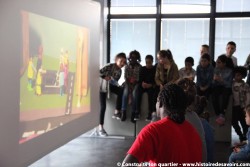
Video workshops | October 2015 | Faubourg de Béthune, Lille (59)
From the 26th to the 31st of October 2015, Histoire de Savoir(s) led the first round of its project “Build your Neighbourhood”. During a week, 8 young schoolboys and girls worked together to make a shirt animated movie on the daily life in their neighbourhood. They shared and created three skits from their daily life, before writing scenarios, dialogue, recording the voices and making the soundtrack, building the model, taking photos and getting involved in the film editing.
These workshops have been led by Histoire de Savoir(s), in collaboration with the association Les Films des Deux Mains, and have taken place at the FLOW, in parallel with the workshops “Outremonde” from the Eolie Songe association – in partnership with the association Perspectives, located at Faubourg de Béthune, acting against school dropout. They have been financed by the city of Lille and the ACSE, in the framework of Politique de la Ville, the Fondation SNCF and the FPH association from Lille.
More information on the project: Build your neighbourhood – video workshops
The video:

